Yesterday, January 8, russia bombed the city of Zaporizhzhia with air bombs. A total of 13 people were killed, and 113 were injured. Media workers covered the consequences of this strike. They promptly prepared stories and materials to convey the truth about the war to people.
Now, it is very important for media workers not only to professionally perform their work in dangerous areas, but also to take care of their own safety. And the security situation is very difficult now. The Zaporizhzhia JSC of the National Union of Journalists of Ukraine (NUJU) draws attention to this, seeking to help media workers. Own correspondent at the Inter TV channel in Zaporizhzhia Inna Hohoi, together with colleagues – front-line journalists – spoke about security issues during a meeting at the Center. She also shared her thoughts in an interview with Dariya Zyrianova.
– Inno, what has changed for journalists now, compared to the beginning of the full-scale invasion? What points would you like to pay attention to?
– Speaking of the Zaporizhzhia Region, it has now become more difficult for journalists to work in front-line areas as the number of shelling has increased. There have already been repeated cases when emergency services and journalists arrived at the place of arrival to do their work and came under repeated shelling. Some of my colleagues were injured during such insidious strikes.
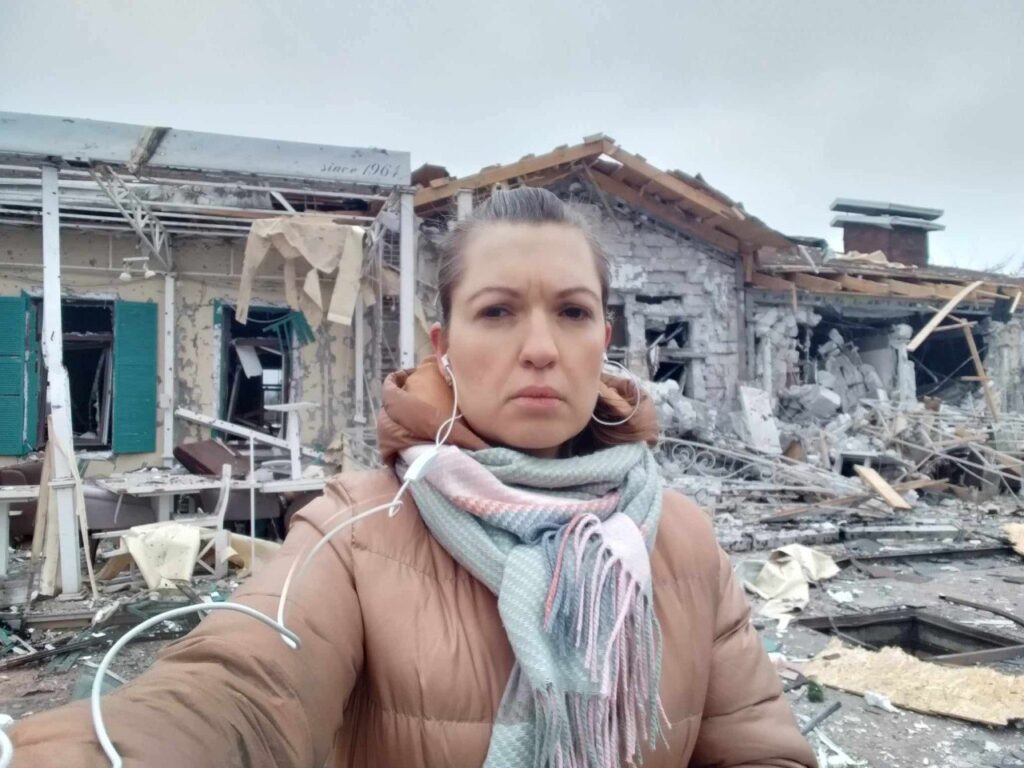
Also, while working in the Zaporizhzhia Region, in particular, in front-line areas, there is a constant threat from enemy drones that hunt civilians. Therefore, you have to be even more careful and work as quickly as possible.
– Tell us about your security experience. Maybe there are some tips for life hacks that have already appeared during the full-scale invasion?
– There are no special tips or life hacks. For trips, we have bulletproof vests and helmets, individual first-aid kits, and turnstiles. When working at the points under shelling or in front-line areas, you should always look down and listen to the sky and also follow the advice and warnings from the press service representatives who accompany you. After all, your own safety and the safety of your colleagues depend on it.
– How often do you take safety training sessions?
– Unfortunately, I don’t take safety training sessions very often, as I would like, because there is simply not enough time. The training, which was conducted together with the JSC by volunteers of the military-patriotic center Vohnyk, was interesting. I liked it because there was an opportunity not only to listen to the theory but also to consolidate the knowledge gained in practice. In my opinion, more such events should be held – and not only on the topic of first aid.
– How do the Union of Journalists and the JSC help you with your own safety?
– I was invited to safety training sessions and was given individual first-aid kits, which is also important. I know that you conduct interesting psychological training sessions but, unfortunately, I don’t have much time to attend them yet due to my workload. Some of my colleagues are in a similar situation, but we always feel your support – both moral and material, especially when colleagues get into trouble.
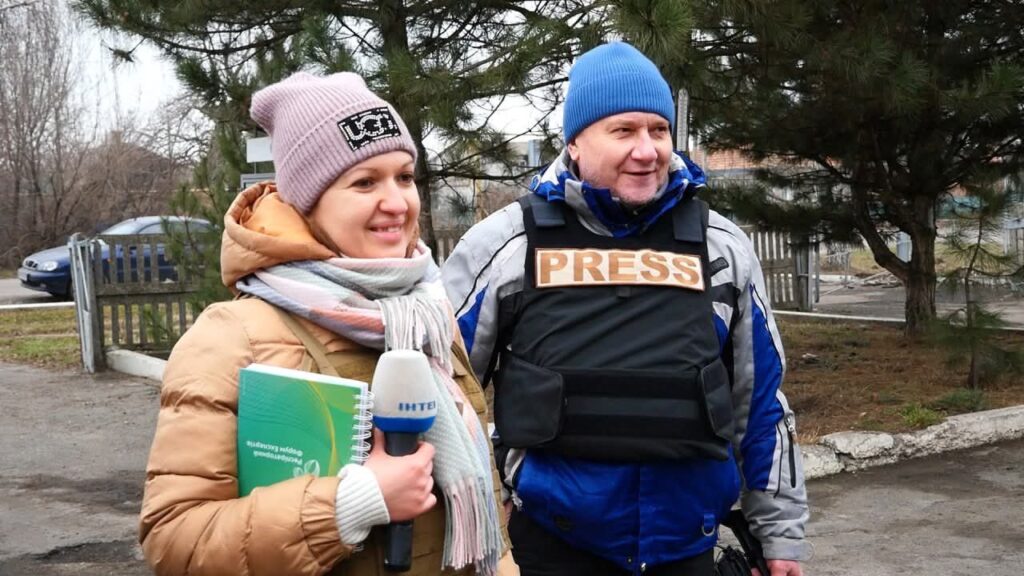
Reference information: At the Zaporizhzhia JSC, media workers can rent protective equipment for free, as well as organizational, technical, legal, psychological, and other types of assistance.
Call the Zaporizhzhia JSC at 096 277 5352 (Nataliya Kuzmenko and Valentyna Manzhura, the Zaporizhzhia JSC coordinators). The Center is located at 152 Sobornyi Avenue.
ABOUT JSC
The Journalists’ Solidarity Centers is an initiative of the NUJU implemented with the support of the International and European Federations of Journalists and UNESCO. The initiative is designated to help media representatives working in Ukraine during the war. The Centers operate in Kyiv, Lviv, Ivano-Frankivsk, Chernivtsi, Zaporizhzhia, and Dnipro and provide journalists with organizational, technical, legal, psychological, and other types of assistance.
ABOUT UNESCO
UNESCO is the United Nations Educational, Scientific, and Cultural Organization. It contributes to peace and security by promoting international cooperation in education, sciences, culture, communication, and information. UNESCO promotes knowledge sharing and the free flow of ideas to accelerate mutual understanding. It is the coordinator of the UN Action Plan on the Safety of Journalists and the Issue of Impunity, which aims to create a free and safe environment for journalists and media workers, thus strengthening peace, democracy, and sustainable development worldwide. UNESCO is working closely with its partner organizations in Ukraine to provide support to journalists on the ground.
The designations employed and the presentation of material throughout this digest do not imply the expression of any opinion whatsoever on the part of UNESCO concerning the legal status of any country, territory, city, or area or its authorities or concerning the delimitation of its frontiers or boundaries.
The authors are responsible for the choice and the presentation of the facts contained in this digest and for the opinions expressed therein, which are not necessarily those of UNESCO and do not commit to the organization.
Dariya Zyrianova
Photo by the author

 THE NATIONAL UNION OF
JOURNALISTS OF UKRAINE
THE NATIONAL UNION OF
JOURNALISTS OF UKRAINE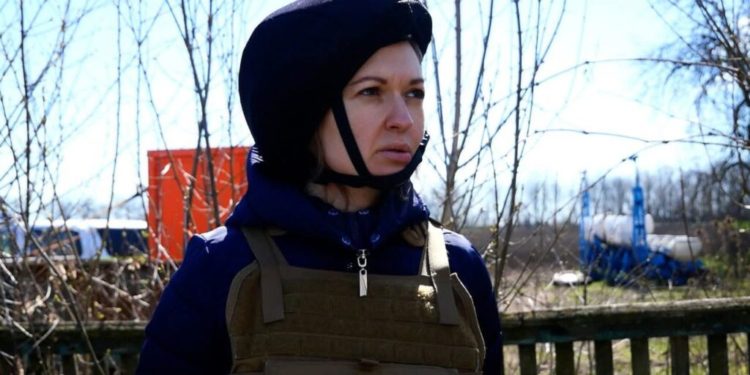
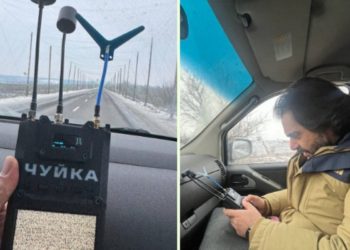
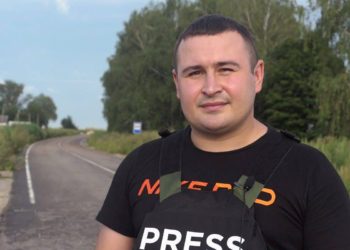
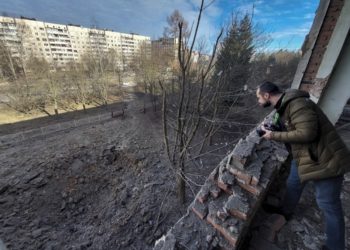













Discussion about this post